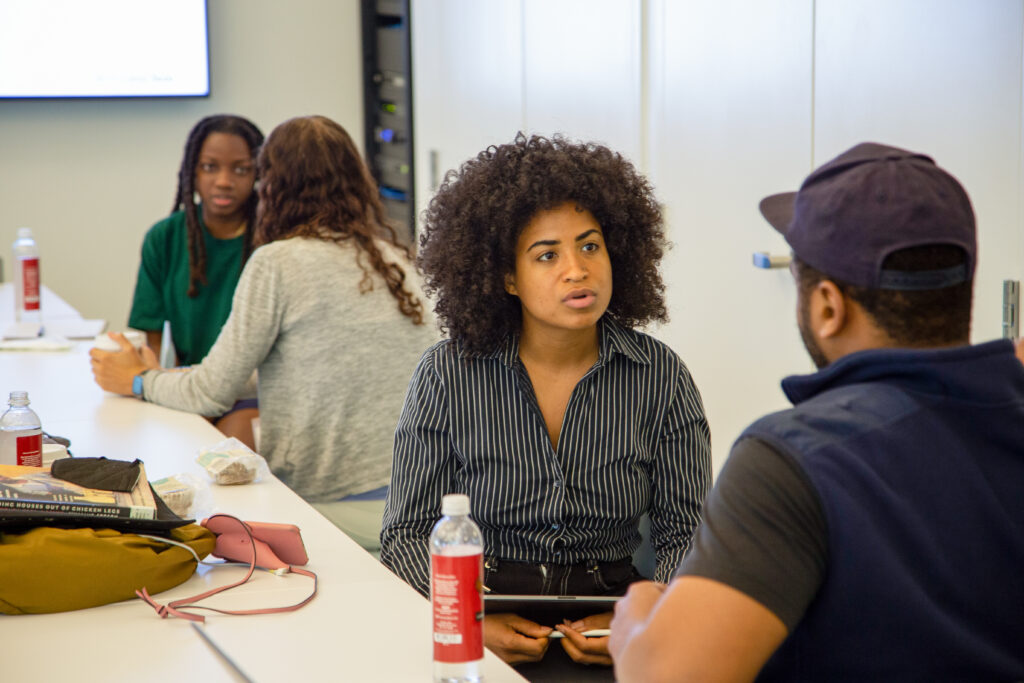Five-year grant empowers cohort of 10 universities to build an inclusive innovation network that will accelerate regional entrepreneurship and economic development
The National Science Foundation (NSF) has awarded Cornell University a $15 million, five-year grant to lead the newest Innovation Corps (I-Corps™) Hub, I-Corps: Interior Northeast Region. The Interior Northeast region that stretches from New Hampshire to West Virginia is representative of large portions of the US that are largely rural, economically underserved and working to restore economic vitality. The Interior Northeast Hub (IN I-Corps) aims to expand the nation’s geography of innovation by creating a cohesive innovation ecosystem that delivers inclusive models of education and workforce training designed for and by innovators in rural regions and small cities.
Cornell University will be the lead institution within the Hub and will support the administration of I-Corps regional courses and entrepreneurial curriculum in collaboration with nine partner institutions: Dartmouth College, Rochester Institute of Technology, SUNY Binghamton, SUNY Buffalo, Syracuse University, University of Pittsburgh, University of Rochester, University of Vermont, and West Virginia University. These ten institutions bring a strong track record of supporting deep technology innovation and have, among them, operated the UNY I-Corps Node and seven I-Corps Sites. Additional partner institutions from the region will be added to the Hub each year.
Founded by the NSF in 2011, I-Corps programming nationwide empowers researchers to combine their technical and scientific knowledge with an entrepreneurial mindset to develop new technologies and startups that benefit society. The I-Corps curriculum addresses the knowledge gap between the skills needed to develop an innovative technology in a lab and the skills needed to bring that technology to market. With a core tenet of customer discovery, participants in I-Corps courses work to connect with potential customers and ensure the solutions they’re developing fill an existing market need.
The Interior Northeast Hub joins nine other I-Corps Hubs within the National Innovation Network (NIN), expanding the geographical reach of the network and promoting economic growth and science, technology, engineering, and mathematics (STEM) talent development within rural communities and the small cities on their boundaries. The Hub will regularly offer regional courses designed to support geographically-dispersed participants in learning the I-Corps method of customer discovery and applying it to real world opportunities, while still remaining connected to their home institutions and communities.
“I-Corps is a transformative program for STEM entrepreneurs. It provides a tested structure for evaluating product-market fit that is essential for the success of technology-focused startups in essentially any area”, said Lynden Archer, Joseph Silbert Dean of Engineering and James A. Friend Family Distinguished Professor in Engineering at Cornell University. “As a prior I-Corps participant, and now Hub Principal Investigator, I am thrilled to see I-Corps grow in reach and breadth at Cornell and in our region. IN I-Corps will play a key role in catalyzing the impact of the world-leading research in our region in solving society’s big challenges.”
A mission-critical element of the Hub’s approach to entrepreneurship is the creation and administration of diversity, equity, inclusion, and accessibility (DEIA) initiatives. STEM researchers in underrepresented groups face heightened barriers to success, and creating equitable access to resources and talent development is crucial to ensuring the most innovative deep-tech developments are being discovered and amplified. Hub leadership and partners are working to actively create opportunities to support the development of STEM research talent who are women, veterans, people of color, and individuals with disabilities. These initiatives will include collaborations with organizations like the National GEM Consortium’s Inclusion in Innovation Initiative (i4) and RIT’s National Technical Institute for the Deaf.
“Helping people who are so often left out of startup formation and don’t always fit the typical stereotype of an entrepreneur is something I have been passionate about throughout my career,” said Dr. Deborah Streeter, Professor Emerita and Faculty Director Bank of America Institute for Women’s Entrepreneurship at Cornell. “It has been a privilege to be part of the NSF I-Corps program for the past six years. In my experience, I-Corps can be a very effective platform to help level the playing field in the deep technology startup community, and I am thrilled to lead the Evaluation and Curriculum committees of this new Hub. I believe that our Hub programming can lead the way for others to invite diverse innovators and instructors into the ecosystem.”
IN I-Corps will also receive nearly $1 million in matching funding support from Empire State Development’s Division of Science, Technology and Innovation (NYSTAR). The funds will support the administration of I-Corps regional courses held in conjunction with NYSTAR-certified incubators and Innovation Hot Spots throughout New York State.
“We are incredibly grateful for the support from NYSTAR to provide matching funding for this award,” said Tom Schryver, Executive Director of Cornell’s Center for Regional Economic Advancement and Hub Director. “NYSTAR’s support will allow us to engage with even more deep tech innovators in our region, both amplifying our impact as a Hub and shining a light on the entrepreneurship support and resources available throughout the state.”
Sen. Charles Schumer (D-New York) commented on the widespread impact the funding will have on the region, with six IN I-Corps partner institutions spread throughout Upstate New York.
“Upstate New York is primed to lead the nation in developing and building the innovation economy, and I am proud to deliver this $15 million federal investment to help bring next generation technology out of the lab, spur startups, and create good-paying jobs. Cornell, working hand-in-hand with Upstate New York’s top research institutions, will strengthen the state’s research and innovation potential from Buffalo and Syracuse to Rochester and Binghamton,” said U.S. Senator Charles Schumer. “Federal investment like this is how we breathe new life into Upstate New York and help reestablish the region as a global leader for innovation. In tandem with the historic funding I just led to passage in my CHIPS and Science Bill, and the largest ever investment in fighting climate change through the Inflation Reduction Act, we can transform Upstate’s economy and I will keep fighting to make sure Upstate workers secure good-paying jobs building our nation’s future.”
The Interior Northeast Hub will officially launch on January 1, 2023. Details are forthcoming for STEM researchers interested in learning about opportunities to participate in regional I-Corps courses at a Hub institution. For more information, visit in-icorps.org.


